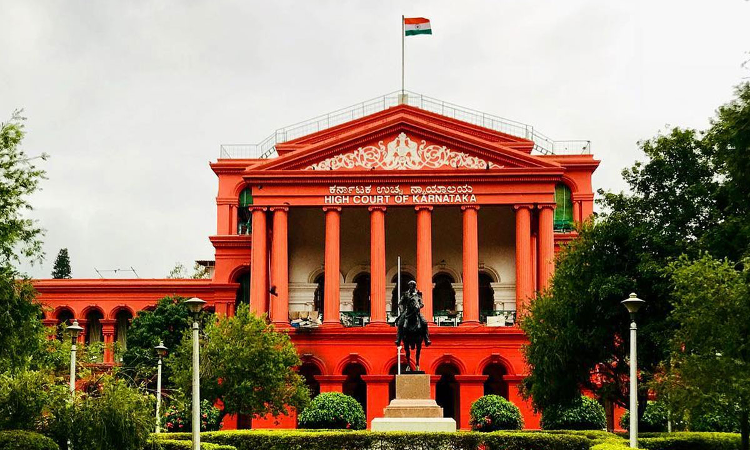Non-Signatory Defendants Cannot Be Exposed To Arbitration Under Section 8 Of The A&C Act: Karnataka High Court
ausaf ayyub
29 May 2023 9:00 AM IST

Next Story
29 May 2023 9:00 AM IST
The Karnataka High Court has held that the non-signatory defendants cannot be exposed to arbitration under Section 8 of the A&C Act by allowing the dispute to be referred to arbitration.The bench of Justice Sreenivas Harish Kumar held that when the cause of action against all the defendants is stated to be the same, it cannot be bifurcated so to allow arbitration proceedings against few...
